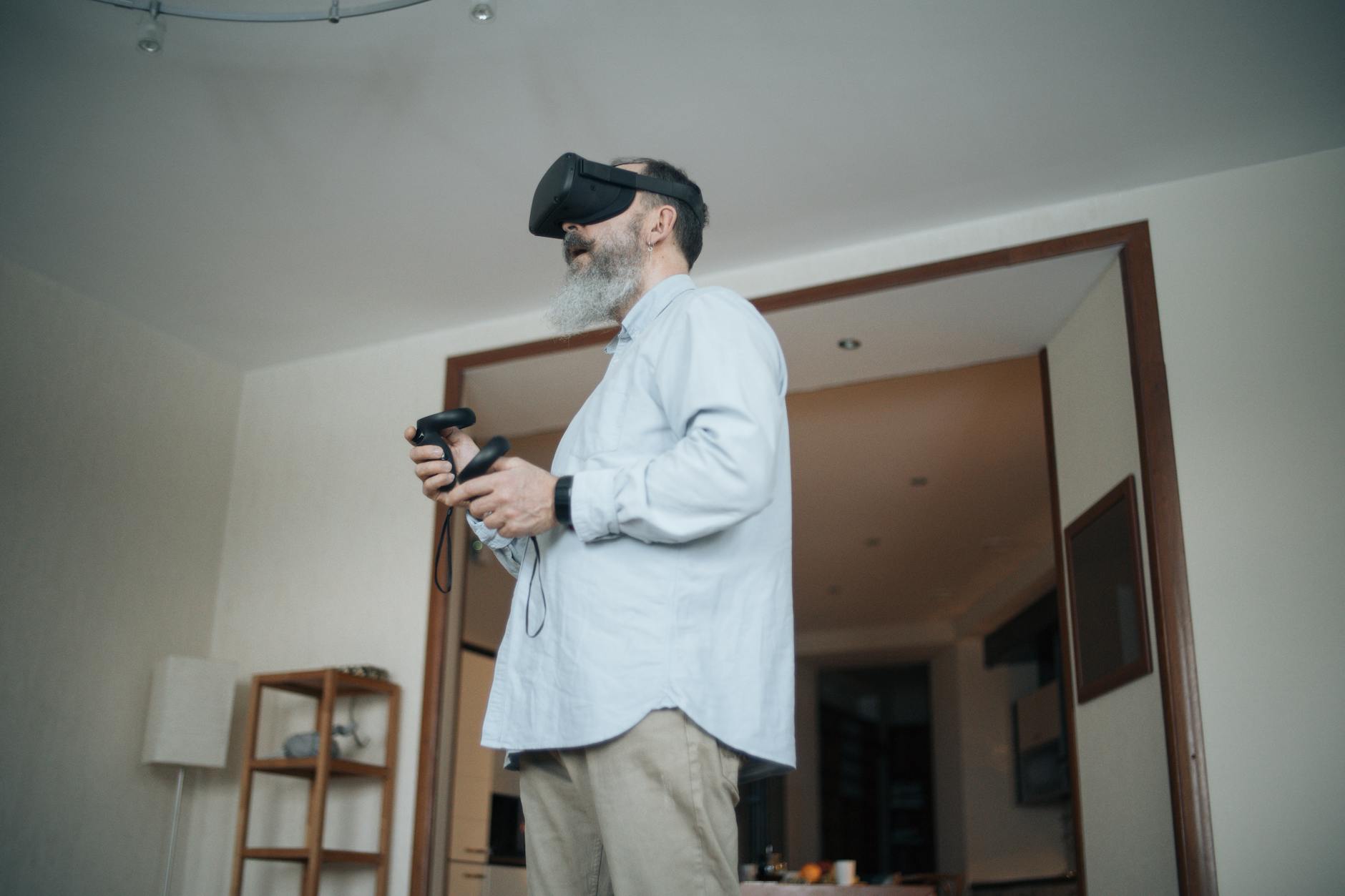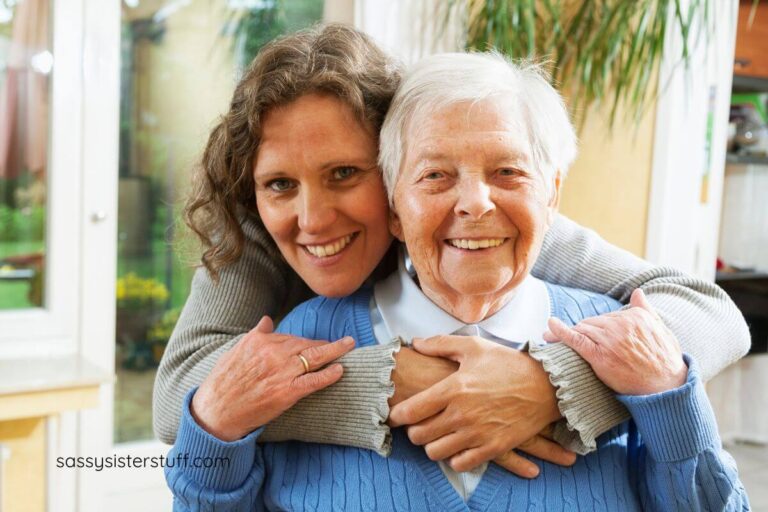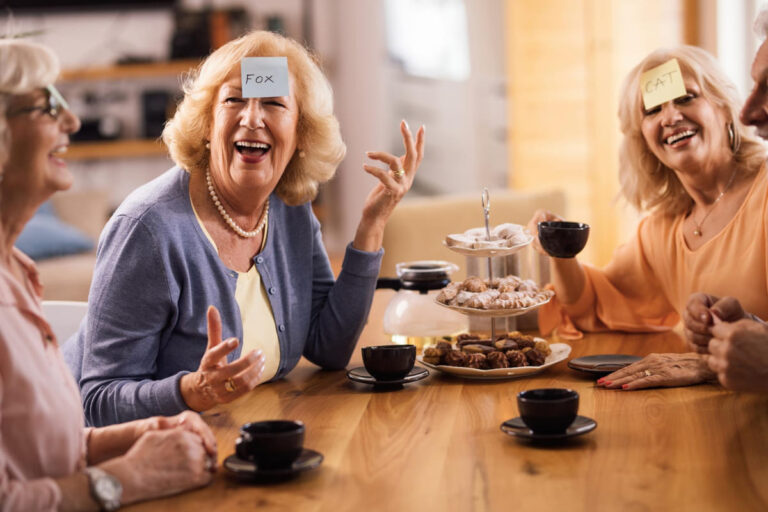15 Things Society Tells Us About Aging That Are Just Plain Wrong
As you navigate through life, you’ve probably picked up on a few common beliefs about aging that just don’t hold up. It’s important to challenge these misconceptions, as they can shape how you view your own journey and experiences. Society has a tendency to paint a negative picture of getting older, but there’s so much more to the story.
You may find that some of the things you’ve been told about aging are outdated or simply inaccurate. From physical capabilities to mental sharpness, it’s time to set the record straight and explore what aging really means.
“Age is just a number” – A reminder that each person’s experience is unique.
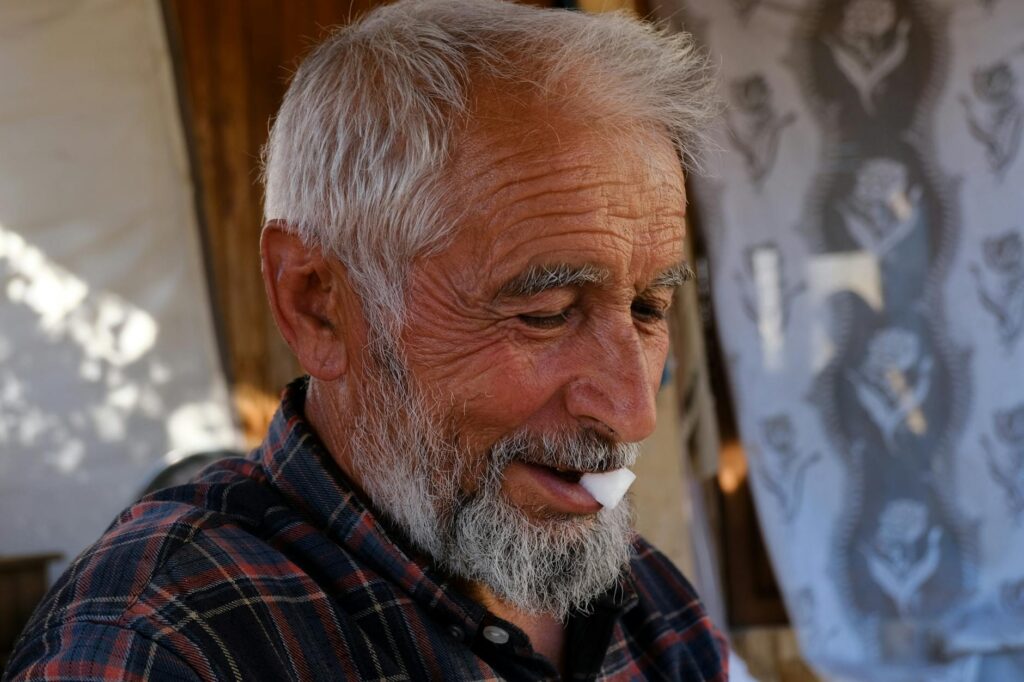
You’ve probably heard the saying “age is just a number.” It’s a catchy phrase, but it carries a deeper message. Your age does not define your capabilities or worth.
Everyone ages differently based on various factors like lifestyle, health, and personal experiences. Some people feel vibrant at 70, while others may struggle at 50. It’s all about individual circumstances.
This saying encourages you to embrace your unique journey. It’s a reminder that our experiences shape us, not just the number of years we’ve lived. Your passions, interests, and zest for life don’t necessarily diminish with age.
Think about how many inspiring stories you’ve heard of individuals achieving incredible things later in life. Each journey is unique and can defy stereotypes about aging.
So, rather than fixating on age, focus on what brings you joy. Celebrate your individuality and recognize that your life stages are yours to define.

You might think that as people age, they become self-focused, but studies show otherwise. Older individuals often feel a stronger connection to their communities and future generations.
They tend to invest time and resources in helping others. You may notice that seniors engage in volunteer work or mentoring, aiming to leave a positive mark for those who follow.
Research indicates that older adults are more likely to express concern for the well-being of younger people. They often care deeply about issues like climate change, education, and social justice.
This prosocial behavior may stem from a greater awareness of life’s fragility. With their experiences, they can truly appreciate the importance of building a better world.
So, the next time you think of aging, remember that older adults often embody compassion and altruism. They are not just reminiscing about the past; they are actively shaping the future.
Social isolation is more about modern life than aging itself.

You might think that aging leads to social isolation, but it’s not just about getting older. Many older adults feel disconnected more because of how modern life has changed.
Technology can be a double-edged sword. While it connects you to information, it can also replace face-to-face interactions. Social media can make you feel like you know people, but it often lacks the warmth of real conversation.
You might also notice that communities are less engaged than they used to be. People are busy, and social gatherings are less common. This means many older folks end up feeling lonely, not because they’re aging, but because life has shifted around them.
It’s crucial to recognize that these feelings aren’t just a part of getting older. They can often be addressed by building connections in different ways, like joining clubs or community activities. Embracing these opportunities can make a big difference in how you experience this phase of life.
Respectful communication can combat ageism and promote inclusivity.

When you communicate with respect, you challenge ageism. Using inclusive language helps everyone feel valued, regardless of age.
Think about the words you choose. Describing older adults with dignity creates a more positive perspective. For instance, prefer “older adults” over “seniors” to avoid stereotypes.
Engaging in intergenerational conversations can bridge gaps and foster understanding. Meeting people of different ages helps you see beyond stereotypes and appreciate diverse experiences.
You can also pay attention to body language and tone. Showing genuine interest in what older adults say encourages them to share their stories.
Promoting positive discussions about aging can shape how society views older individuals. By fostering a respectful dialogue, you help create a more inclusive community for everyone.
Take small steps in daily interactions. Whether it’s listening attentively or using empowering language, your efforts make a difference. When you promote respect, you contribute to a culture that values all ages.
The idea that age equals decline and burden is harmful to everyone
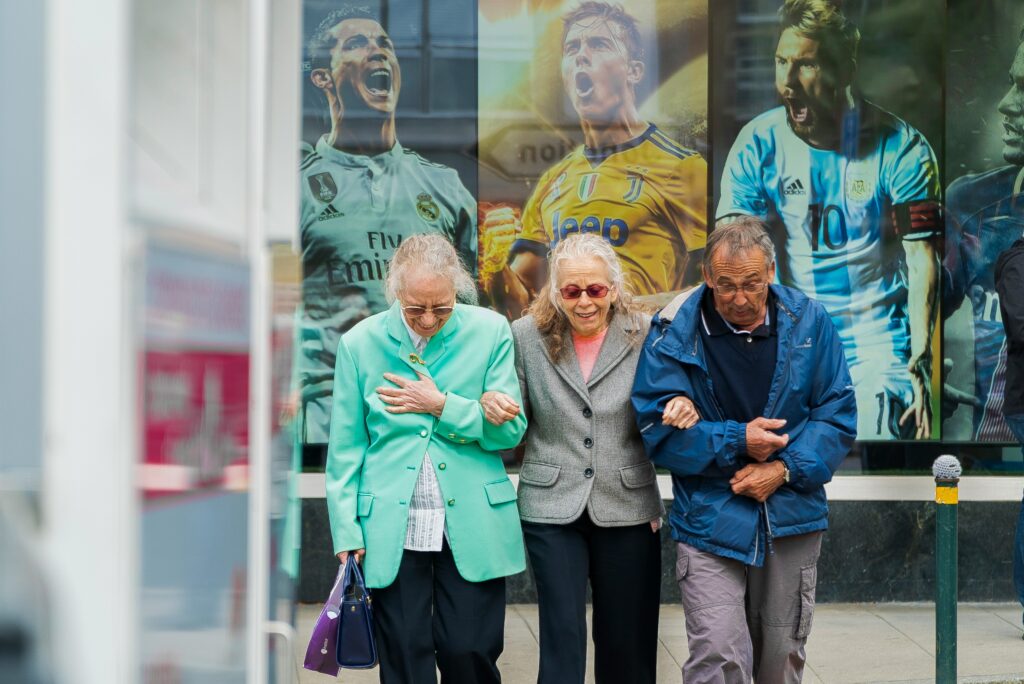
Thinking of age as decline can really shape how you see yourself and others. It creates a common narrative that aging means losing abilities or worth, which is just not true.
This mindset can affect your relationships and how you engage with the world. When society pushes the idea that older individuals are burdens, it can make you feel pressured to act younger or hide your age.
You might notice that this belief brings anxiety, not just for you but for your family and friends too. It fosters a culture of fear around aging, rather than celebrating the wisdom and experience that comes with it.
Recognizing that aging doesn’t equal decline can help shift perspectives. Seeing older people as valuable contributors enriches communities and fosters a more inclusive environment for all ages.
Not every ache in older age has a specific cause; sometimes it’s just age.
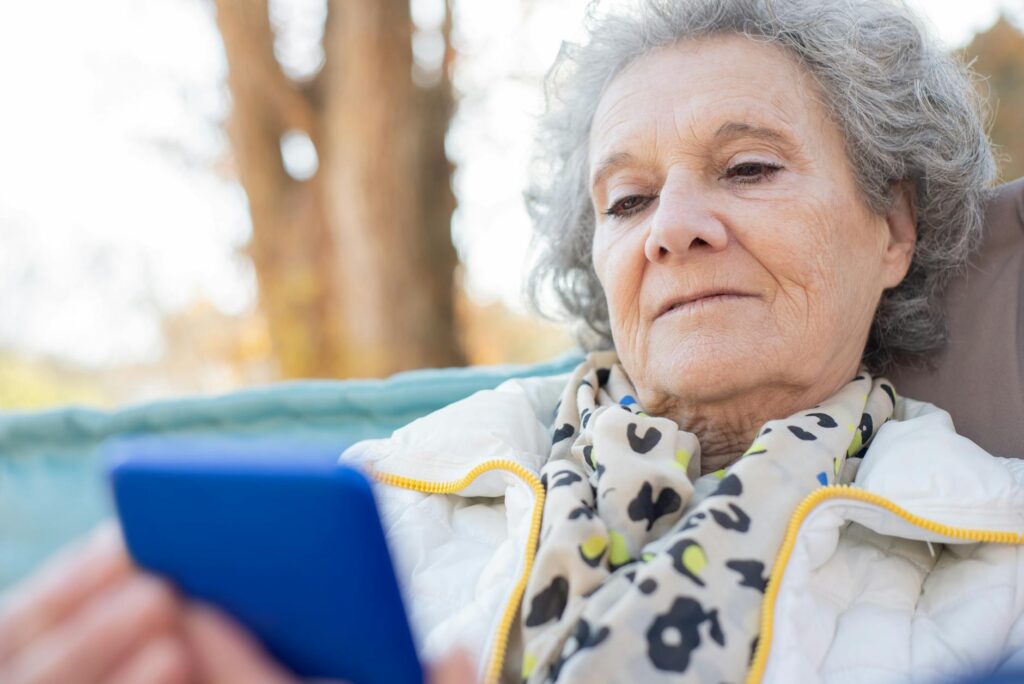
As you get older, it’s common to experience more aches and pains. You might wonder if there’s an underlying issue, but sometimes, it’s just part of aging.
Your body changes over time. Joints can get stiffer, and muscles may not recover as quickly as they used to. This can lead to discomfort without any clear reason behind it.
It’s easy to jump to conclusions about what’s causing your pain. Still, many older adults find that some aches simply come with the territory. This doesn’t mean you shouldn’t listen to your body, though.
If something feels off or unusually painful, it’s worth checking out with a doctor. But remember, everyday discomfort can also be a normal part of the aging process. Embracing this can help you manage expectations and remain active.
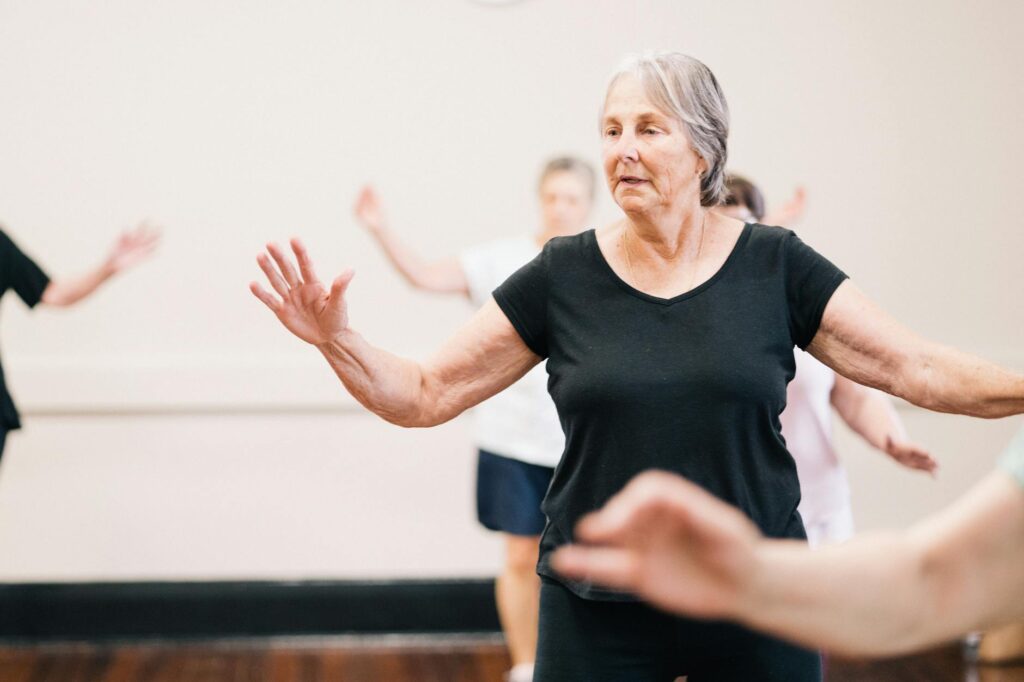
You may not realize it, but ageism is deeply ingrained in our culture. It’s one of those biases that still seems to fly under the radar while others have been challenged more openly.
Many people hold negative stereotypes about aging. These can affect how you see older individuals and even how society treats them. Whether it’s assumptions about capability or outdated notions of value, these stereotypes can do real harm.
Ageism manifests in various ways, from workplace discrimination to media representation. Society often portrays older adults in a negative light without questioning those narratives. You might notice that this prejudice is rarely called out, making it feel more acceptable than other forms of discrimination.
Research shows that internalizing ageist attitudes can impact mental and physical health. You’re actually more likely to face health issues if you harbor negative views about aging. It’s worth reflecting on your own beliefs and challenging those stereotypes to foster a more inclusive perspective.
Growing old is not inherently negative; it can enhance mental wellbeing.
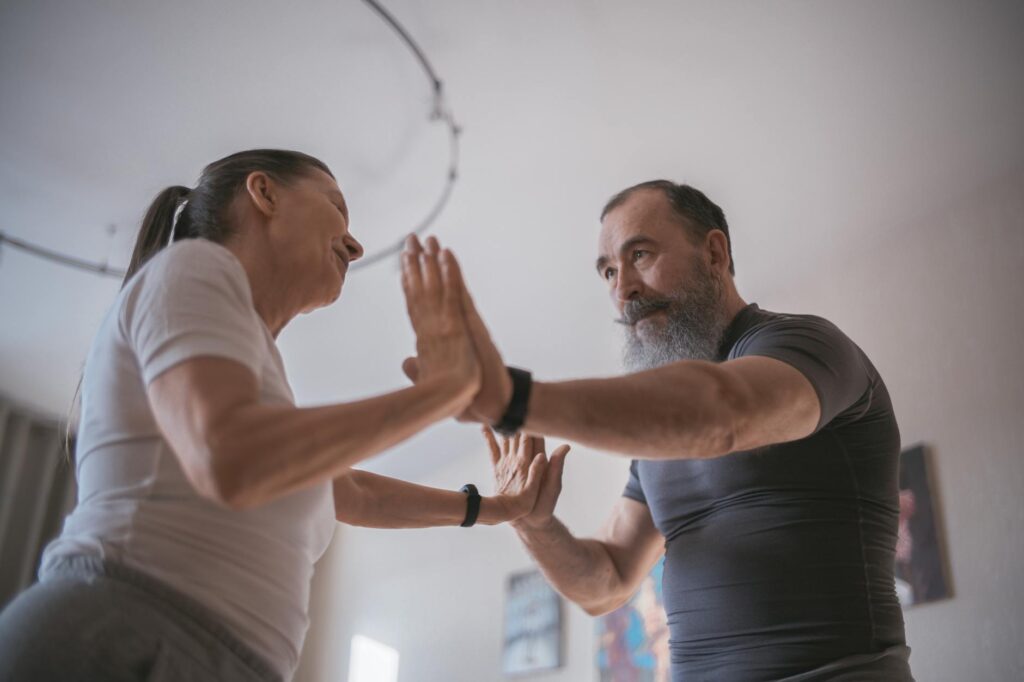
Aging often gets a bad rap, but it’s not all doom and gloom. Many people find that as they grow older, they gain a deeper understanding of themselves and what truly matters in life.
With age often comes a greater sense of perspective. You might find yourself letting go of trivial worries that once consumed your thoughts. This shift can lead to increased happiness and a more relaxed mindset.
Social connections can also improve as you age. You might find more time to nurture friendships and family bonds, which are key sources of joy. Engaging with others in meaningful ways can boost your mental wellbeing.
Many older adults report feeling more confident and secure in their identities. This self-assurance can contribute to a more positive outlook on life, allowing you to enjoy the present moment without as much anxiety about the future.
So, while society may push negative narratives, growing older can enhance your life in many ways. Embracing this stage may lead to a richer, more fulfilling experience.
Misinformation reinforces harmful stereotypes about older adults unintentionally.
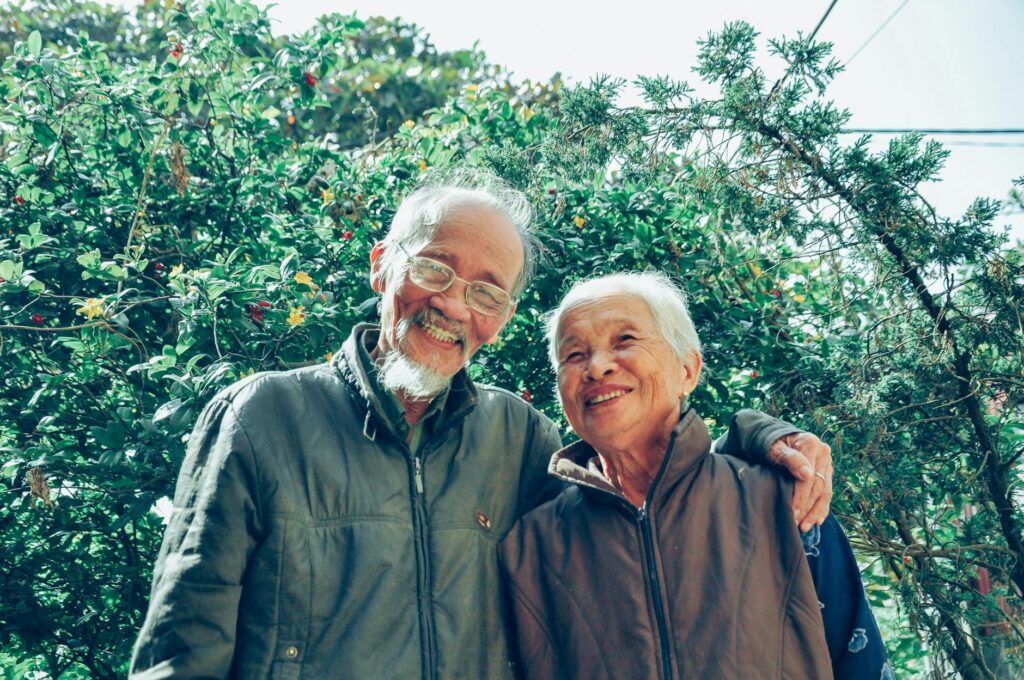
It’s easy to fall into the trap of believing stereotypes about aging. You might hear phrases like “you can’t teach an old dog new tricks” or assume older adults are less capable. This kind of thinking sneaks in everywhere.
When people spread misinformation, they often don’t realize the impact they have. Even well-intentioned comments can reinforce negative attitudes. For example, if you assume older people are always lonely, you might inadvertently dismiss their social lives.
Media often portrays aging in a narrow way, leading to misconceptions. This can create a generational divide that feels intimidating. It’s important to recognize that older adults are diverse, with a wide range of experiences and abilities.
By questioning these clichés and sharing accurate information, you can help shift perceptions. A little awareness goes a long way in breaking down these stereotypes and fostering a more inclusive view of aging.
Despite stereotypes, we are aging better at both biological and chronological levels.
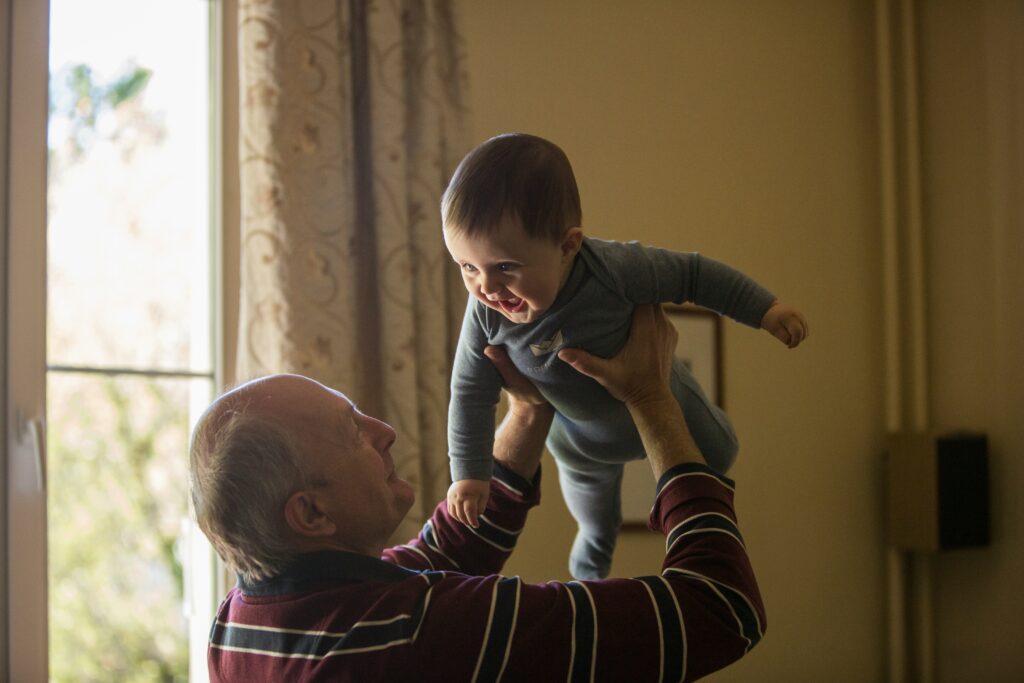
You might be surprised to learn that aging isn’t as grim as society often portrays. In fact, many people are aging better than ever before, both biologically and chronologically.
Biological age refers to how well your body functions. It’s possible for someone to have a biological age younger than their chronological age. Many factors contribute to this, such as diet, exercise, and overall lifestyle choices.
Research shows that you can enhance your health and well-being as you age. Advances in medicine and a greater understanding of health have led to improved longevity and quality of life.
People are more active and health-conscious now than in the past. Engaging in regular exercise and maintaining a balanced diet helps keep your biological age in check.
So, if you’re feeling good, that’s a sign you’re doing something right. Aging might bring challenges, but it also offers opportunities for growth and enjoyment.
The Myth of Physical Decline
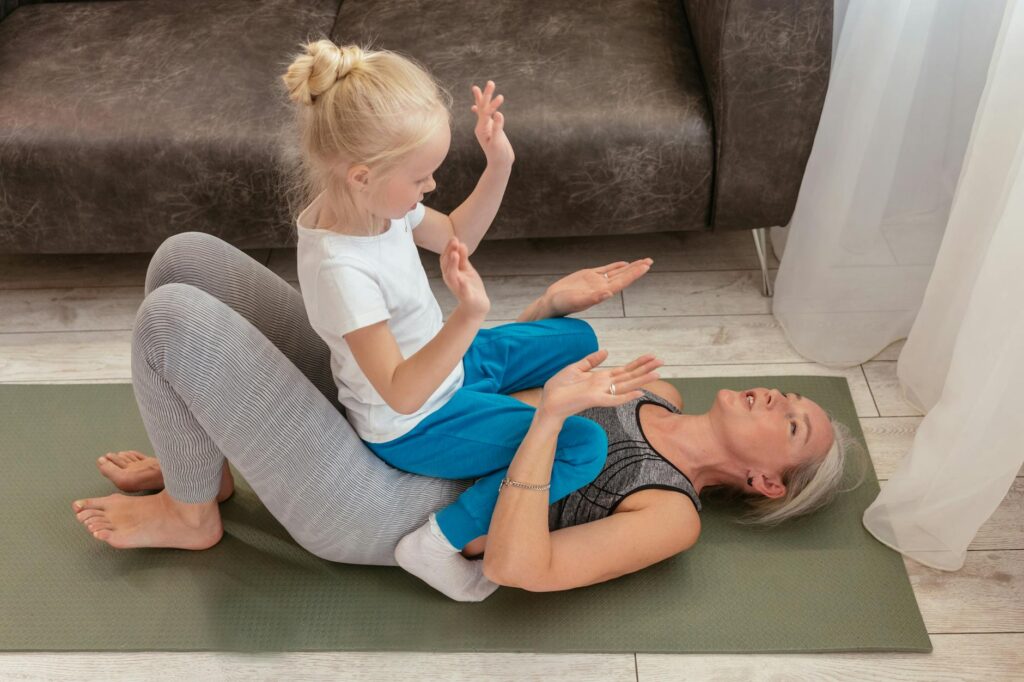
Many people believe that aging inevitably leads to a significant decline in physical abilities. This belief can create a mental barrier that affects how you approach your health and activity levels as you age.
Understanding the Reality of Aging Bodies
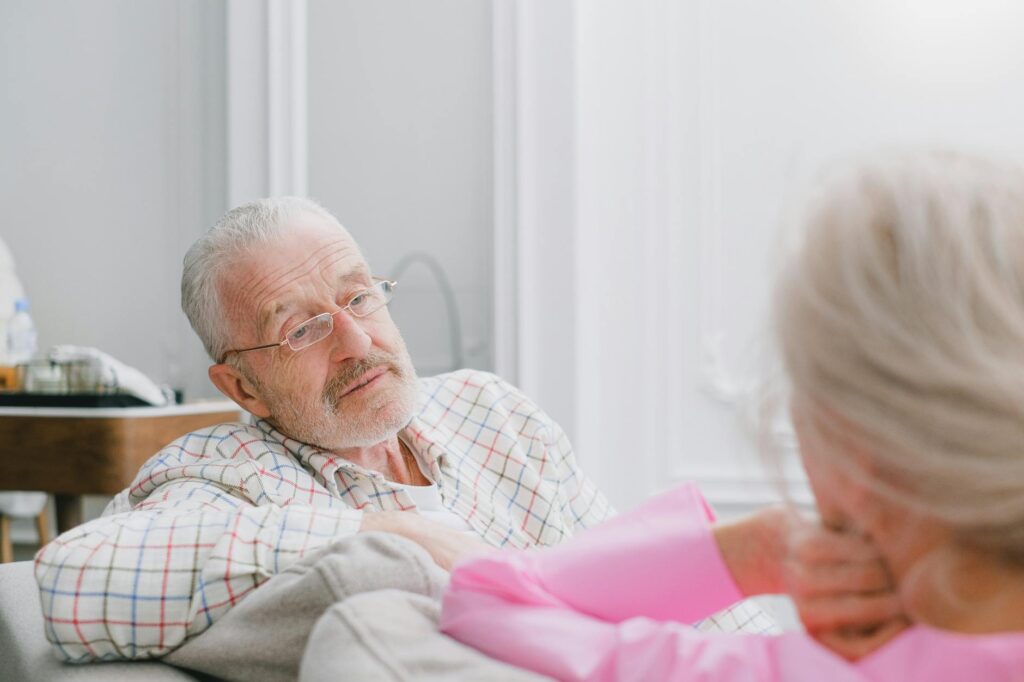
Aging doesn’t mean your body will fail you. While some physical changes may occur, they often vary greatly among individuals. Muscles may take a little longer to recover, and joint stiffness can increase.
Research shows that many older adults maintain good strength, flexibility, and endurance with the right approach. It’s common to hear that older individuals can’t engage in vigorous activities, but that’s not true for everyone. Many find new ways to challenge themselves without fearing injury.
Staying Active as You Age
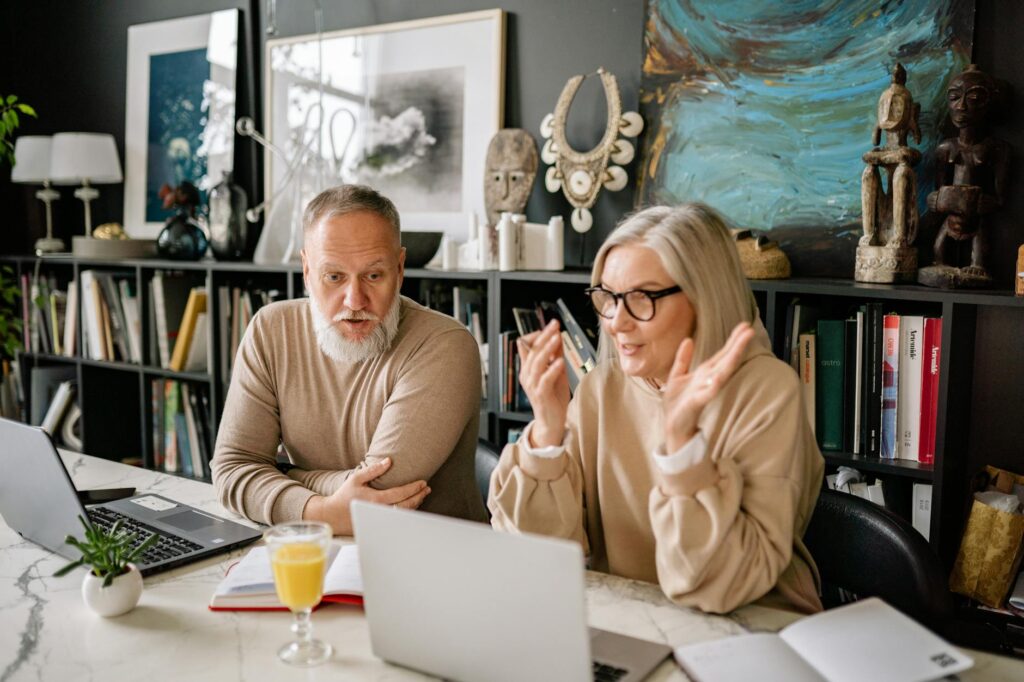
Staying active is crucial for maintaining your physical health. Regular exercise can slow down the aging process and help combat the misconceptions about decline. Aim for a mix of aerobic activities, strength training, and flexibility exercises.
Consider trying:
- Walking or swimming for cardiovascular health
- Yoga or Pilates for flexibility and core strength
- Weight training to preserve muscle mass
Even daily activities like gardening or playing with grandchildren count. The key is to find what feels good for you and keep moving. Aging can be vibrant, and you have the power to shape that experience.
Challenging the Cognitive Decline Narrative
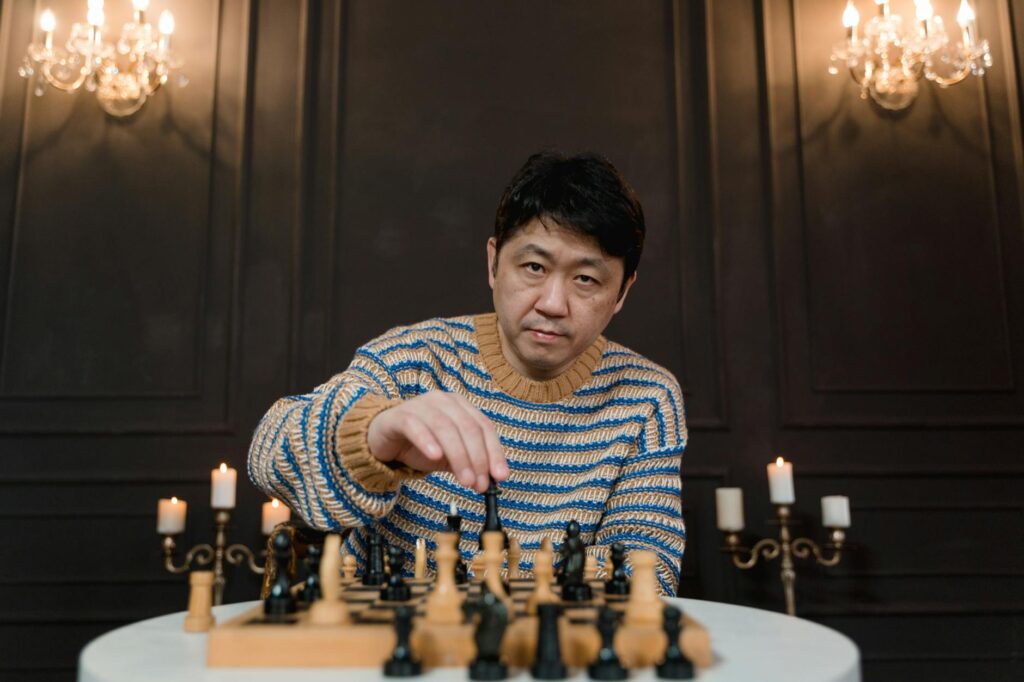
Aging doesn’t have to mean a decline in your mental faculties. In fact, many aspects of your intelligence can evolve positively over time. You might be surprised to learn how different forms of intelligence manifest as you grow older and how you can keep your mind sharp.
Different Forms of Intelligence Over Time

As you age, you may notice that your knowledge and experience become invaluable. This is often referred to as crystallized intelligence, which includes skills like problem-solving and decision-making based on experience.
In contrast, fluid intelligence—which involves the ability to think quickly and solve new problems—may decline. Embrace the change! Your accumulated knowledge can lead to better judgment and insights that younger generations often lack.
Keep in mind that this shift doesn’t mean losing your sharpness. It’s about adapting to your strengths. Engaging in discussions and sharing wisdom also helps maintain cognitive vitality.
Mental Exercises to Keep Sharp

You can actively support your brain health by incorporating mental exercises into your routine. Here are a few strategies:
- Puzzles and Brain Games: Try crossword puzzles, Sudoku, or apps designed for brain training.
- Learning New Skills: Take up a new hobby, such as playing a musical instrument or learning a new language.
- Social Interaction: Regularly engage in conversations with friends or join clubs. Socializing is not only enjoyable; it’s also beneficial for cognitive function.
To make it even easier, consider setting daily or weekly goals for these activities. Keeping your mind engaged in stimulating activities can slow cognitive decline and enhance your overall well-being.
Redefining Retirement
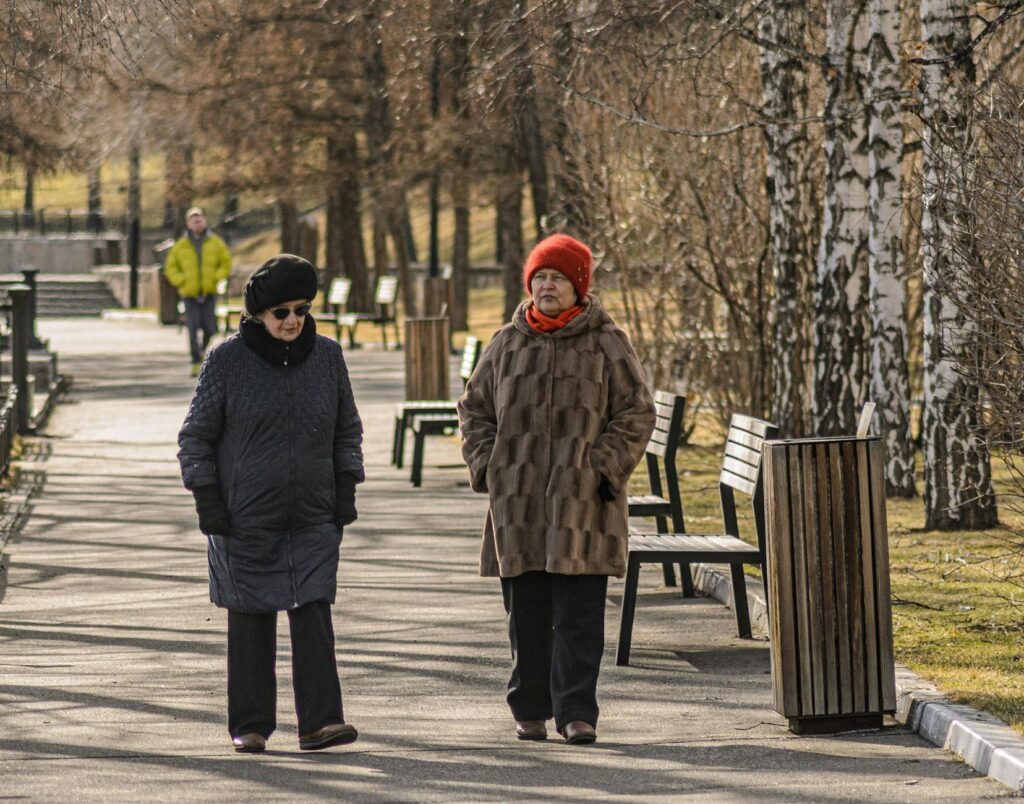
Retirement is no longer just about stopping work; it’s a chance to reinvent yourself. People are pursuing new passions, careers, and lifestyles that reflect their values and interests.
Pursuing New Opportunities

Many retirees are taking the plunge into new ventures. Whether it’s starting a business, volunteering, or pursuing education, you have options. Studies show that those who stay engaged tend to have better mental health.
Consider these popular paths:
- Starting a Business: Use your skills to launch a side hustle or full-time venture.
- Volunteering: Give back to your community while making new connections.
- Continued Education: Take classes online or in-person to learn something you’ve always wanted.
These opportunities can lead to fulfillment and excitement in this new phase of life.
Changing Views on Work and Aging
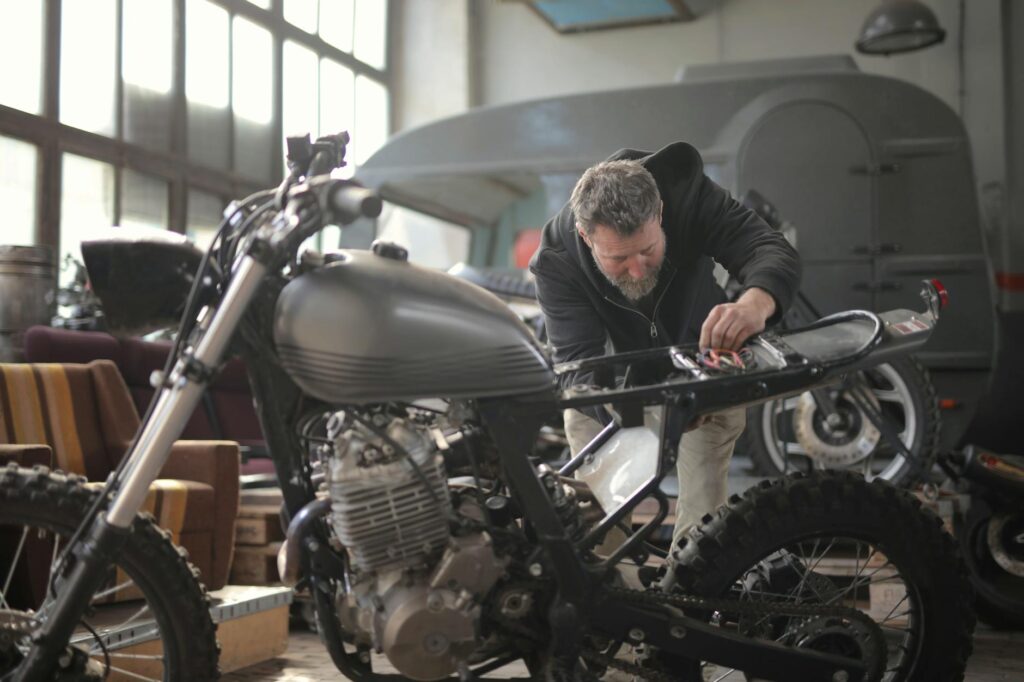
The perception of aging in the workforce is shifting. Many now view older employees as invaluable due to their experience and work ethic.
Employers are increasingly recognizing this. Here are some trends:
- Flexible Work Options: Companies offer part-time or freelance opportunities.
- Age Diversity: Organizations benefit from a mix of ages, leading to innovative ideas.
- Mentorship Roles: Older workers are often sought for mentoring younger staff.
This change opens the door for you to redefine your role, maintain purpose, and stay connected in today’s work landscape.
Related: 15 Clever Hacks To Reduce That Never-Ending Grocery Bill

Managing grocery expenses can be challenging for many households, especially with rising food costs and fluctuating budgets.
However, with some creativity and resourcefulness, you can implement numerous clever hacks to reduce your never-ending grocery bill without sacrificing the quality or variety of your meals.

